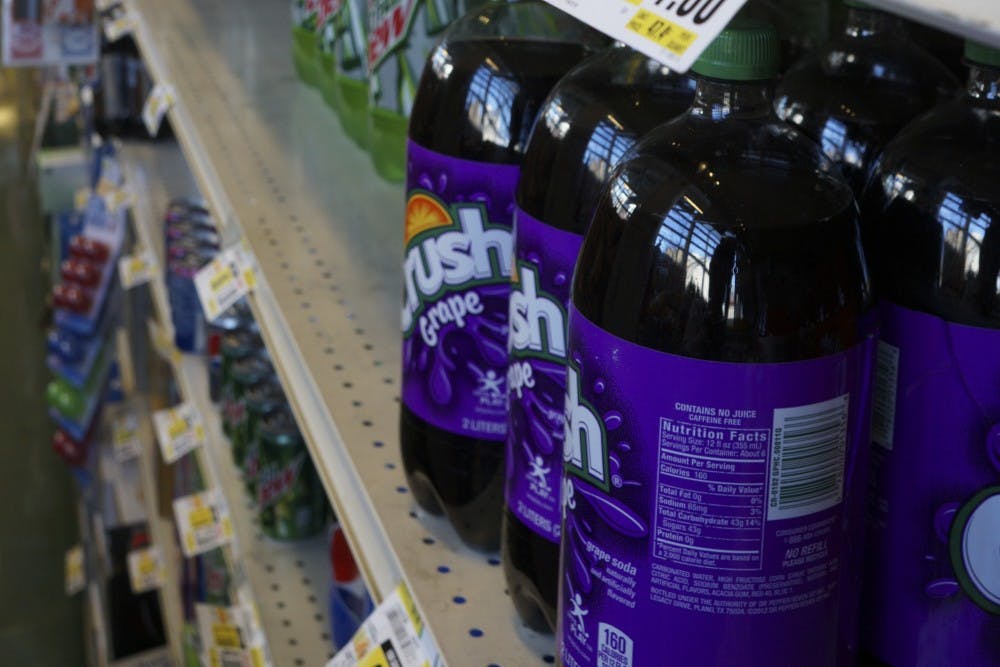
The soda tax, signed by Mayor Jim Kinney June 20th, makes Philadelphia the second city in the country to enact such a law after Berkeley, California
Mayor Kenney signed a soda tax into law on Monday, June 20, making Philadelphia the second city in the United States to instate such a measure after Berkeley, Calif.
The tax, which actually goes beyond soda to tax teas, sports drinks, flavored waters, bottled coffees, energy drinks and other products — anything with added sugar, excluding milk and drinks that are more than 50 percent fruit or vegetables — goes into effect January 1, 2017. Philly.com reported that it will be levied on distributors, not consumers, but the cost will eventually trickle down to prices for customers.
Qualifying drinks will be taxed 1.5 cents per ounce, so 18 cents on a typical 12-ounce can, or an extra dollar on a two-liter container.
The $91 million per year the city expects to raise from the tax will go toward paying for universal prekindergarten for children in Philladelphia, as well as funding community schools and reinvesting in parks and recreation centers.
These specific benefits are seen as major reasons the tax passed. Traditionally, proponents of soda taxes tout health benefits, but a number of mayors have failed to pass similar measures with this line of reasoning, including Michael Bloomberg in New York and Michael Nutter in Philadelphia in 2010 and 2011.
The New York Times reported that Kenney “took a different tack from that of politicians who have tried and failed to pass sugary-drink taxes. He didn’t talk about the tax as a nanny-state measure designed to discourage sugar-saturated soft drinks. And he didn’t promise to earmark the proceeds for health programs.”
The idea of funding education seems to have had a more universal appeal.
“Philly’s school system is severely underfunded,” rising College junior Serena Gupta said. “[The proceeds from the tax are] such a fantastic resource.”
One common critique of the tax is that it will disproportionately affect low-income individuals, since they tend to drink more soda, but Gupta disagrees.
“Water’s cheaper — that’s not really a valid argument,” she said.
Sydney Maves, a rising junior at Bryn Mawr College working in Philadelphia over the summer, also thinks the benefits outweigh the cost.
“People say it’s the lower class who are the ones buying the soda and it’s hurting them because it’s more expensive, but a lot of the money is going back into helping the kids who go to school in some of those neighborhoods,” she said.
The Daily Pennsylvanian is an independent, student-run newspaper. Please consider making a donation to support the coverage that shapes the University. Your generosity ensures a future of strong journalism at Penn.
DonatePlease note All comments are eligible for publication in The Daily Pennsylvanian.




